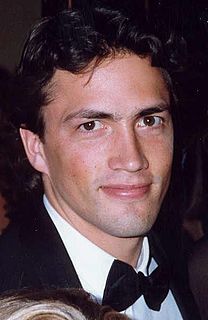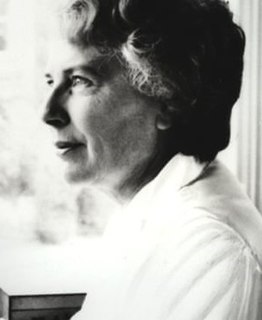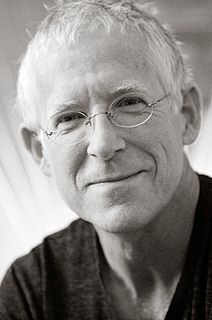A Quote by Brit Marling
Once you play with these scenes and you're outlining it, again and again, and telling each other the narrative, and telling it to people you know, trying to make sure that the mathematics of the story work, you feel that those are in place, and the actual writing and final draft doesn't take as long.
Related Quotes
Well, let’s start with the maxim that the best writing is understated, meaning it’s not full of flourishes and semaphores and tap dancing and vocabulary dumps that get in the way of the story you are telling. Once you accept that, what are you left with? You are left with the story you are telling.
The story you are telling is only as good as the information in it: things you elicit, or things you observe, that make a narrative come alive; things that support your point not just through assertion, but through example; quotes that don’t just convey information, but also personality.
Narrative and metaphysics alike become flimsy and frivolous if they venture too far from the home base of all humanism - the single, simple human life that we all more or less lead, with its crude elementals of nurture and appetite, love and competition, the sunshine of well-being and the inevitable night of death. We each live this tale. Fiction has no reason to be embarrassed about telling the same story again and again, since we all, with infinite variations, experience the same story.
I'm one of the narrative-push people. I don't outline, I don't plan ahead. So I'm my first reader, telling myself the story as I'm going along. Since I haven't designed it ahead of time, each day I have to be sure that the footing is solid before I make the next step. I think you could be more intricate if you work it out ahead of time.
There's no quit in our family. Our dad was the chief proponent of that. [On the set] we were constantly telling each other, Stay true to the story, we know that we love each other, keep communication open. We knew how unique this was-you're doing a movie that really could be put out there all over the world, and you're telling this personal story about your family.
To remember love after long sleep; to turn again to poetry after a year in the market place, or to youth after resignation to drowsy and stiffening age; to remember what once you thought life could hold, after telling over with muddied and calculating fingers what it has offered; this is music, made after long silence. The soul flexes its wings, and, clumsy as any fledgling, tries the air again
It is much, much worse to receive bad news through the written word than by somebody simply telling you, and I’m sure you understand why. When somebody simply tells you bad news, you hear it once, and that’s the end of it. But when bad news is written down, whether in a letter or a newspaper or on your arm in felt tip pen, each time you read it, you feel as if you are receiving the bad news again and again.
We went to a church that had missionaries who'd come back once a year from Fiji & give talks. I remember one of them saying it was very hard work telling people they were going to lose their everlasting souls if they didn't shape up. I pictured people sitting on the beach listening to this sweaty man all dressed in black telling them they were going to burn in hell & them thinking this was good fun, these scary stories this guy was telling them & afterwards, they'd all go home & eat mango & fish & they'd play Monopoly & laugh & laugh & they'd go to bed & wake up the next day & do it all again.





































